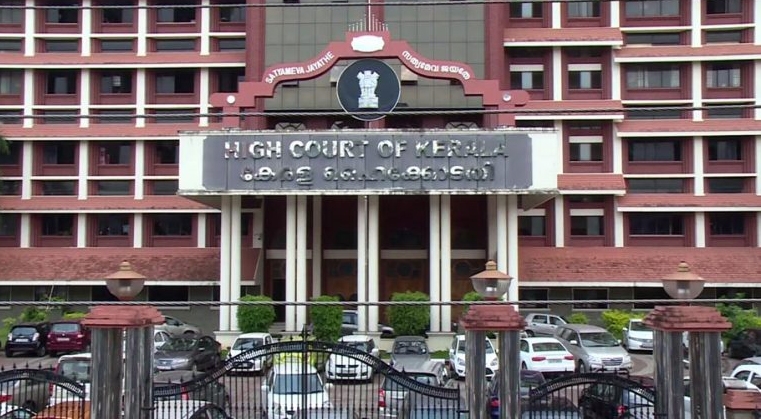Kochi, Aug 8 (IANS) The Kerala High Court pointed out that while ‘gender’ and ‘sex’ are often used interchangeably, they are actually two distinct concepts, and the right to choose the gender vests with individuals, not the courts.
“The terms gender and sex are often used interchangeably in casual conversation, but are actually two distinct concepts related to human identity and biology. Sex refers to the biological characteristics of a person, particularly in relation to their reproductive anatomy and chromosomal composition. Gender, on the other hand, is a social and cultural construct that encompasses the roles, behaviors, expectations, and identities associated with being male-female or non-binary,” the court observed.
The court made this observation while hearing a petition moved by the parents of a seven-year-old child born with ambiguous genitalia, seeking to conduct genital reconstructive surgery to raise the child as a female.
Although doctors advised genital reconstruction, they refused to actually go ahead with the surgery without orders from a competent court.
In a judgment dealing with the issues faced by intersex persons, the court went through the Supreme Court’s landmark judgment in the NALSA case and observed, “If democracy is based on recognition of the individuality and dignity of man, the right of a human being to choose his/her sex or gender identity, which is one of the most basic aspects of self-determination, dignity and freedom, has to be recognised. Conversely, intervention with an individual’s right to choose sex or identity will definitely be an intrusion into that person’s privacy and an affront to his/her dignity and freedom.”
On a reading of the provisions of the Transgender Persons (Protection of Rights) Act, 2019, the Court noted, “It is beyond cavil that the right to choose gender is vested with the individual concerned and no one else, not even the court.”
In an attempt to understand the trials and tribulations of intersex persons, Justice V.G. Arun also included a few stanzas from the poem ‘I’m Fluid’ by Sarah Crouse, which he believed has “encapsulated the intersex psyche beautifully”.
The court then touched on mythological and historical representations of people with genitalia of more than one sex.
It considered the views of the United Nations Convention on the Rights of the Children (UNCRC) on the problems faced by intersex infants and the views taken by other countries on genital reconstruction or gender affirming surgeries.
The court found that allowing the petitioners in this case to go ahead with the surgery on their child would impinge upon the child’s rights under Articles 14, 19 and 21 of the Constitution of India and conducting the surgery without consent would violate the child’s dignity and privacy.
“Granting such permission may also result in severe emotional and psychological issues if, on attaining adolescence, the child develops orientation towards the gender, other than the one to which the child was converted through surgical intervention,” the Court added.
However, the court ordered the constitution of a State Level Multidisciplinary Committee to examine the child and ascertain if there are any life-threatening medical issues. “If such was the case, permission can be granted for the surgery,” said the court.
It also directed the state government to issue an order regulating sex selective surgeries on infants and children.


